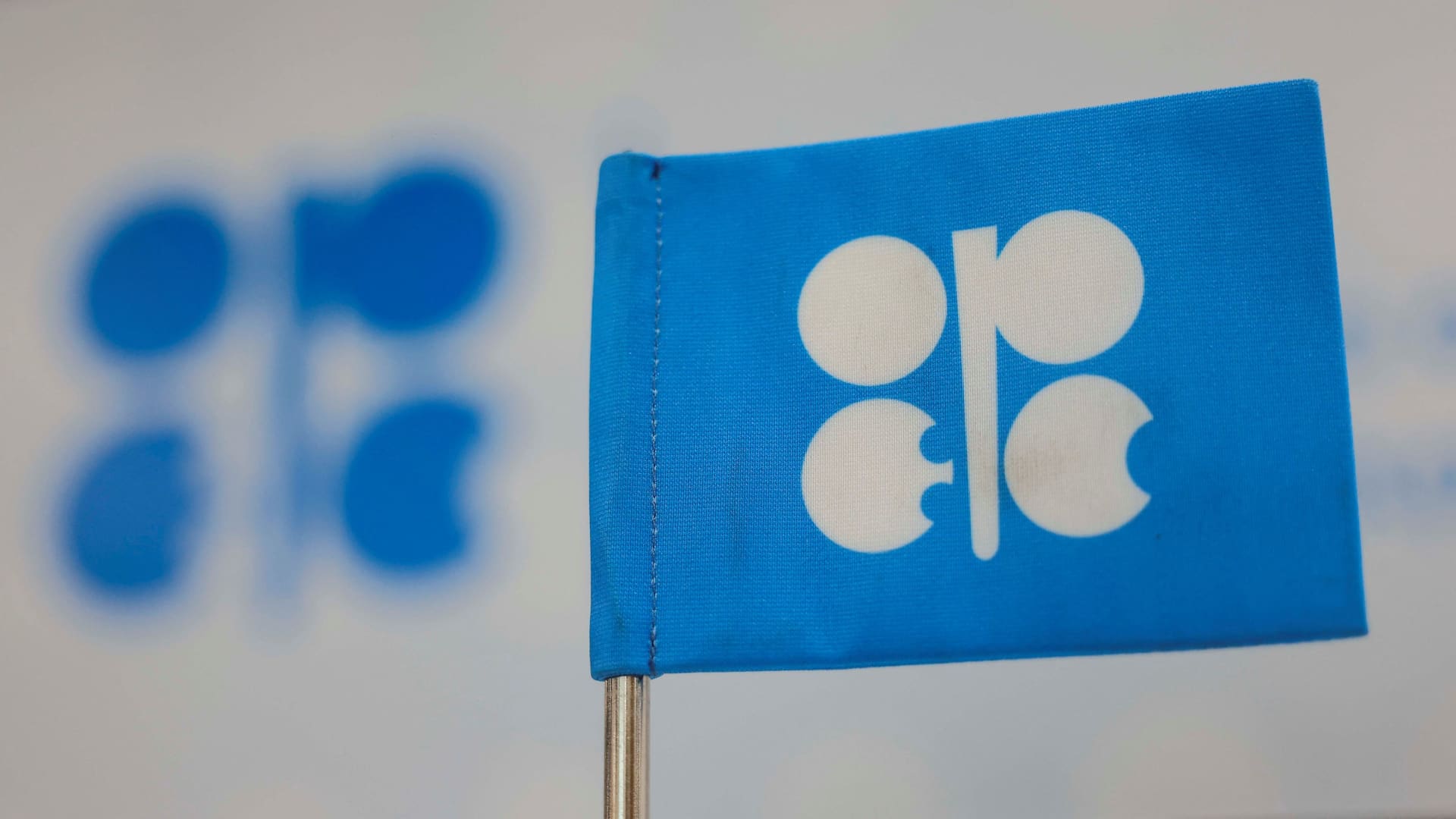- Eight key OPEC+ producers on Thuesday agreed to raise combined crude oil output by 411,000 barrels per day, speeding up the pace of their scheduled hikes and pushing down oil prices.
- The group was widely expected to implement an increase of just under 140,000 barrels per day next month.
- The May hike agreed on Thursday is “equivalent to three monthly increments,” OPEC said in a statement, adding that “the gradual increases may be paused or reversed subject to evolving market conditions.”
Eight key OPEC+ producers on Thuesday agreed to raise combined crude oil output by 411,000 barrels per day, speeding up the pace of their scheduled hikes and pushing down oil prices.
The Ice Brent contract with June delivery was trading at $70.50 per barrel at 1:32 p.m. London time (8:32 a.m. ET), down 5.94% from the Wednesday close. The front-month May Nymex WTI contract was at $67.11 per barrel, 6.41% lower.
Saudi Arabia, Russia, Iraq, UAE, Kuwait, Kazakhstan, Algeria, and Oman met virtually to review global market conditions and decided to raise collective output by 411,000 barrels per day, starting in May. The group was widely expected to implement an increase of just under 140,000 barrels per day next month.
The May hike agreed on Thursday is “equivalent to three monthly increments,” OPEC said in a statement, adding that “the gradual increases may be paused or reversed subject to evolving market conditions.”
The eight OPEC+ producers this month started gradually unwinding 2.2 million barrels per day of voluntary cuts undertaken independently from the production strategy of the broader 22-member OPEC+ alliance, which has roughly 3.66 million barrels per day of separate cuts in place until the end of 2026.
The Thursday meeting was the first one attended by Erlan Akkenzhenov, the new energy minister of Kazakhstan, which has struggled with producing above its assigned quota.
Without referencing individual countries, OPEC said in its Thursday statement that the May output hike will “provide an opportunity for the participating countries to accelerate their compensation” by way of additional production cuts in line with overproduction.
The Thursday decision was taken against the backdrop of broader market tumult triggered by sweeping tariffs on key trade partners unveiled on Wednesday by the administration of U.S. President Donald Trump, who has been simultaneously championing higher U.S. oil output.














